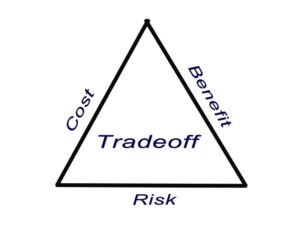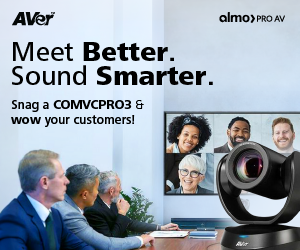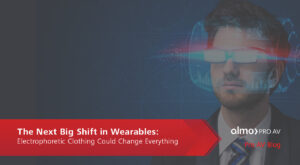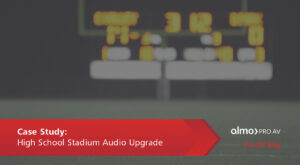 As I write this article, my truck is in the shop having new tires put on. Buying tires is one of my least favorite purchases of all time!!! Yet every few years I go through the same process. Gather my tire size information, check some tire websites, identify my needs in terms of performance (I live in Buffalo, NY, so a tire that performs well in the snow is a must!!!), establish my budget, read some reviews, select my top picks, shop prices, book the appointment.
As I write this article, my truck is in the shop having new tires put on. Buying tires is one of my least favorite purchases of all time!!! Yet every few years I go through the same process. Gather my tire size information, check some tire websites, identify my needs in terms of performance (I live in Buffalo, NY, so a tire that performs well in the snow is a must!!!), establish my budget, read some reviews, select my top picks, shop prices, book the appointment.
This time around, I’m coming off a set of tires that performed very poorly in terms of mileage. They only lasted 24,000 miles and I rotated them every 5,000 miles. That is TERRIBLE!!! Additionally, they had a highway tread, which was good for gas mileage, but didn’t give me the traction I needed in the deep Buffalo snow. Finally, my service to this point has been done at the dealer. However, my free service package has timed out, and the dealer is farther away and more expensive than most of my local shops, so I am no longer motivated to use them.
Based on those factors, I shopped around for an All-Terrain tire at a discounted price from what my dealership was offering that got great reviews and picked the lowest priced local auto shop. While the tire I chose is more expensive than my original set, I will get better on-road performance and a longer tread life. This brings my total cost of ownership below the level of my current set of tires. I can live with that.
Weighing the Options for Your Next AV Project
When working on audio-video (AV) projects, there are several tradeoffs to consider ensuring the project meets its objectives while staying within budget and time constraints. Here are some key tradeoffs:
Cost vs. Quality
-
- High-Quality Equipment: Investing in top-tier equipment can provide superior audio and video quality, but it comes at a higher cost.
- Budget-Friendly Options: Opting for more affordable equipment can save money but might compromise on performance and longevity.
Complexity vs. Usability
-
- Advanced Features: Incorporating advanced features and automation can enhance functionality but may require more complex setup and user training.
- Simplicity: A simpler system is easier to use and maintain but might lack some advanced capabilities.
Flexibility vs. Specificity
-
- Flexible Systems: Designing a system that can adapt to various uses and future upgrades can be beneficial but might be more expensive and complex.
- Specific Systems: Tailoring the system to specific needs can be more cost-effective and straightforward but may limit future adaptability.
Aesthetics vs. Functionality
-
- Aesthetic Design: Prioritizing the visual appeal of the setup can enhance the user experience but might limit equipment choices and placement.
- Functional Design: Focusing on functionality ensures optimal performance but might result in a less visually appealing setup.
Scalability vs. Initial Investment
-
- Scalable Solutions: Investing in scalable solutions allows for future expansion but requires a higher initial investment.
- Fixed Solutions: Implementing a fixed solution can be more affordable initially but may not accommodate future growth.
Integration vs. Independence
-
- Integrated Systems: Integrating AV systems with other building systems (like lighting and HVAC) can provide seamless control but increases complexity and cost.
- Independent Systems: Keeping systems independent simplifies installation and maintenance but might reduce overall efficiency and user experience.
Maintenance vs. Initial Cost
-
- High-Quality, Low-Maintenance Equipment: Investing in high-quality equipment can reduce long-term maintenance costs but requires a higher initial investment.
- Lower-Cost, Higher-Maintenance Equipment: Choosing cheaper equipment can save on initial costs but may lead to higher maintenance expenses over time.
 Balancing these tradeoffs requires careful planning and consideration of the project’s specific needs and constraints. Conducting a feasibility study and involving all stakeholders in the planning process can help identify the best approach 1 2. This way, you will be on the road to success and avoid getting stuck in the mud!!!
Balancing these tradeoffs requires careful planning and consideration of the project’s specific needs and constraints. Conducting a feasibility study and involving all stakeholders in the planning process can help identify the best approach 1 2. This way, you will be on the road to success and avoid getting stuck in the mud!!!
Is there a specific aspect of AV projects you’re focusing on or a particular challenge you’re facing? Get in touch to discuss.

About the Author
Tom Keefe | CTS, DMC-D-4K, DSCE
Category Manager – dvLED
Supported Category: Direct View LED








